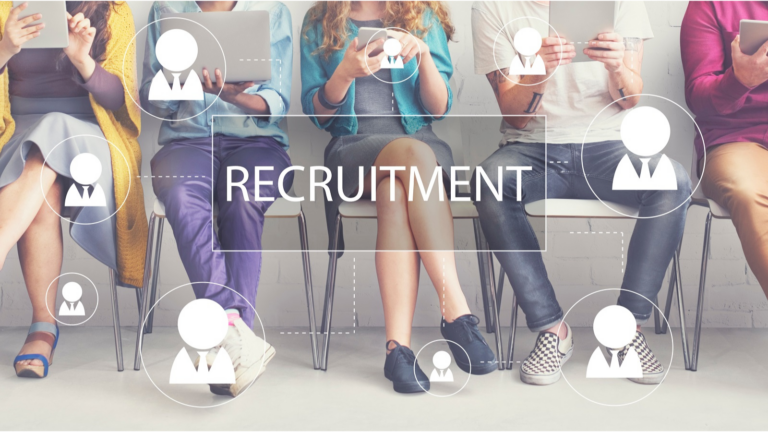The recruitment field has been static for many years, following an outdated hiring process involving vacancy identification, job advertising, applicant screening, interviews, and job offers. However, the landscape of talent acquisition has undergone a significant transformation.
Today, recruitment is far from a one-size-fits-all concept, influenced by various factors. Among these factors, Artificial Intelligence (AI) has emerged as a game-changer. However, it’s important to note that AI can have both positive and negative implications when not utilized correctly by recruiters.
Read on to discover the advantages and drawbacks of employing AI in the recruitment industry.
Advantages of AI in Recruitment
According to Predictive Hire, approximately 55% of companies are investing in recruitment automation, expecting it to enhance efficiency and enable data-driven decision-making.
Here are the key benefits of integrating Artificial Intelligence into recruitment:
- Streamlines administrative tasks: Administrative duties are integral to the recruitment industry but can be repetitive and time-consuming. AI automation frees up recruiters to focus on critical aspects of talent acquisition.
- Mitigates unconscious bias: Unconscious bias is a challenge that affects even the best organizations. AI helps eliminate these biases, ensuring that candidates are evaluated solely on their qualifications, leading to fairer assessments.
- Enhances candidate experience: Positive candidate experiences are vital, but some companies fail to provide feedback to applicants, discouraging reapplication. AI can automate tasks that impact candidate experience, such as chatbots for instant responses and application tracking software for updates.
- Improves accuracy: AI outperforms human recruiters in accuracy when matching candidates’ skills with suitable positions, ultimately increasing business productivity.
Drawbacks of AI in Recruitment
Despite its advantages, AI has limitations and challenges within the recruitment sector:
- Overlooks unconventional talent: AI’s reliance on specific criteria may cause it to miss candidates with unique qualifications who don’t fit predetermined parameters.
- Keyword-dependent: AI relies on keywords provided by recruiters, making it susceptible to manipulation by candidates who understand how the system works.
- Potential for bias: AI can still exhibit bias, as it operates based on its programming. Properly setting selection criteria is crucial to avoid bias in the recruitment process.
- Impersonal: AI lacks the personal touch and can result in ineffective communication, making candidates and recruiters feel disconnected.
Responsible Use of AI
To prevent the negative impact of AI in recruitment, responsible usage is crucial. Recruiters should ensure that AI is used to identify candidates with specific skills while disregarding factors such as gender, education, or names.
Conclusion
AI offers substantial benefits in terms of time-saving and improved hiring quality. However, it also poses challenges, such as the need for extensive data and the potential for bias. Recruiters must adapt to this technology trend, understanding that AI is here to stay and requires responsible implementation.








